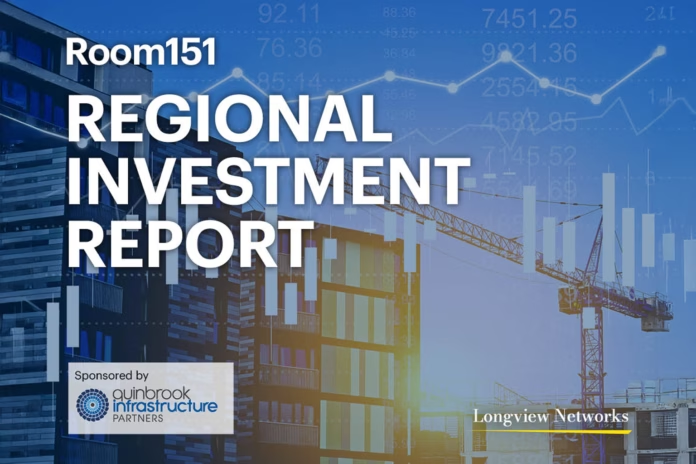LGPS pools are missing the opportunity to consolidate the investment mandates of member funds, according to an influential report into the sector.
This year’s Local Authority Pension Performance Analytics Annual Report by investment consultancy PIRC showed major switches across index tracking managers as funds moved to take advantage of reduced fees negotiated at pool level.
However, it said that pools had failed to make the most of the potential benefits that would come from radically reducing the number of sub-funds on offer.
“There was an opportunity through pooling to simplify asset structure and consolidate investments through well-chosen multi-manager arrangements,” the report said.
“However, as pools try to accommodate as many funds’ product and manager preferences as possible there doesn’t yet seem to be any real move in that direction with most pools talking of running in excess of 20 sub- funds.”
One experienced LGPS fund investment chief agreed with PIRC’s conclusions.
“This is a real issue. There is evidence that some groups are not ‘pooling’ but are rather, wrapping existing arrangements and hoping government won’t notice,” the source said.
The difficulties faced by pools in rationalising existing investment mandates was demonstrated in March, when London LGPS funds voiced concerns over reform plans proposed by the London Collective Investment Vehicle.
The LCIV put forward a simplified model, giving funds a choice of three blended investment mandates in addition to a separate passive option.
PIRC’s report also revealed worries about the level of return being sought for some of the pool funds on offer.
“Looking at the performance of the global equity managers currently used by funds, over the last three years the average has outperformed by only 0.5% p.a. and, if Baillie Gifford is excluded, has added no value at all,” the report said.
“The funds with more than one global equity manager are likely to have less volatile performance but…lower volatility usually comes at the cost of lower return.”
The report added: “There is a real risk that, unless the pool has substantial, demonstrable manager selection abilities (a skillset that has been sadly lacking across the industry for many years) what will be delivered could resemble expensive index tracking.”
On a more positive note, PIRC found that funds are taking advantage of improved funding levels as an opportunity to reduce risk, mainly by reducing equity exposure.
On average, LGPS funds reduced their allocation to equities by seven percentage points in the year to March.
This was despite a strong performance from equities, which returned 4.3% on average over the 12 months.
UK shares underperformed, however, with a return of just 1.4% during 2017–18.
Property was the best performing asset class, returning 10% for the year.












